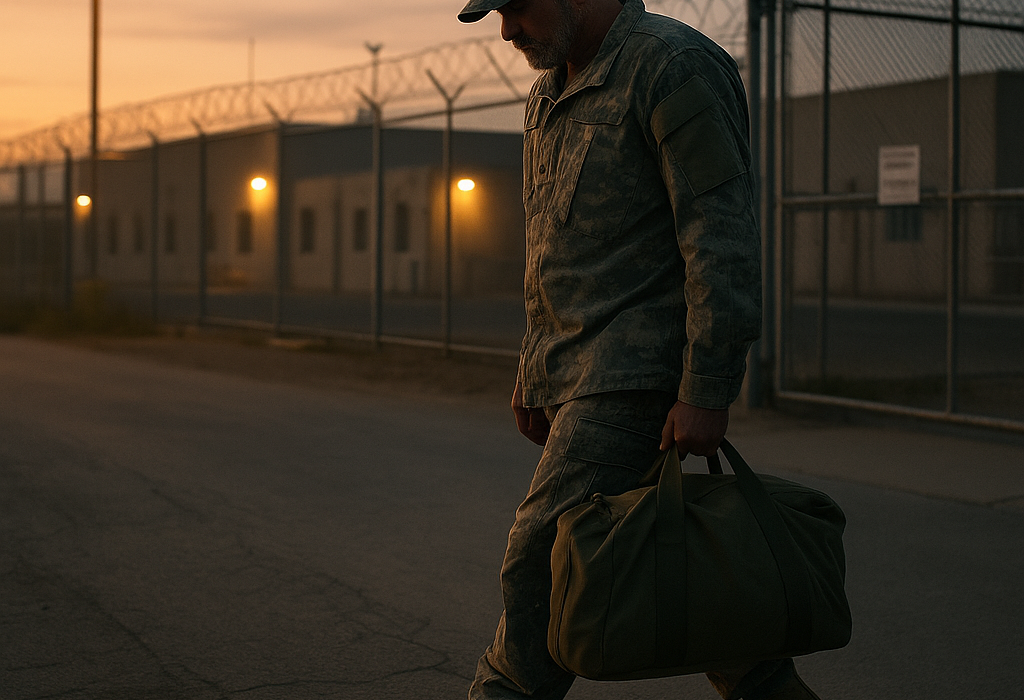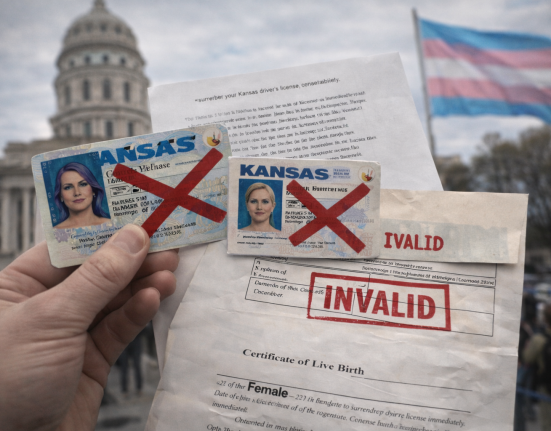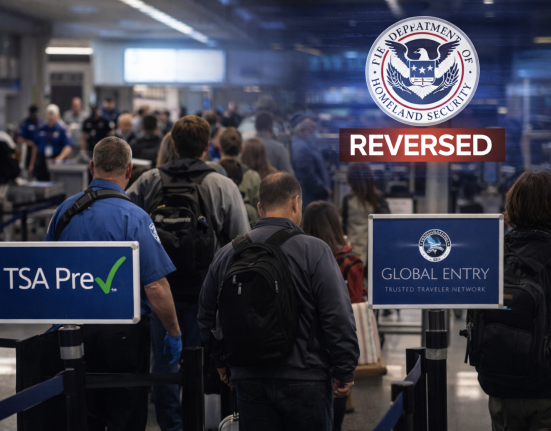A U.S. Army veteran and Purple Heart recipient, Jose Barco, was deported early Friday morning from a detention facility in Florence, Arizona — a move that has ignited outrage across veteran communities, immigration advocates, and lawmakers.
Barco, a 39-year-old Venezuela-born veteran whose family fled Cuba as political refugees, served two tours in Iraq and was awarded both the Purple Heart and the Combat Infantry Badge after being wounded by an improvised explosive device (IED). Despite his record of military service and sacrifice, Immigration and Customs Enforcement (ICE) confirmed he was removed from the United States to Nogales, Mexico, at 4 a.m. Friday.
But as of Friday evening, Barco’s family said they had not heard from him and were uncertain of his exact whereabouts. “We only have the official ICE statement to go on,” the family said. “We have no firsthand confirmation that he has actually arrived in Nogales.”
A Soldier’s Story: From Refugee to Combat Veteran
Barco’s life reads like a testament to the American dream — until it unraveled. His father, a vocal critic of the Castro regime in Cuba, fled to Venezuela in the 1980s, where Jose was born. When Barco was a child, the family came to the United States seeking asylum and were later granted lawful permanent residency.
At just 17 years old, Barco enlisted in the U.S. Army, serving honorably in Iraq. In one of his deployments, he survived an IED explosion that left him severely injured, earning him the Purple Heart — a symbol of sacrifice and courage in battle.
But after his return home, he struggled with post-traumatic stress disorder (PTSD), a challenge shared by many veterans of the Iraq and Afghanistan wars.
In 2009, at the height of his mental health crisis, Barco was convicted of attempted murder after firing a gun at a Colorado Springs house party — injuring a 19-year-old woman in the leg. He was sentenced to 52 years in prison but released on parole this January after serving 15 years for good behavior.
Upon release, instead of reentering society as a free man, Barco was detained by ICE — and his nightmare began again.
The Citizenship That Never Came
According to his legal team, Barco had completed and submitted his citizenship paperwork during his military service. His commander even confirmed assisting him with the process. But somewhere along the bureaucratic pipeline, the application was never processed.
“Jose served under the belief that he was a U.S. citizen,” said Anna Stout, a member of his defense team and a veterans’ advocate in Colorado. “He fought for this country, was wounded in combat, and yet was later told he didn’t belong.”
This bureaucratic failure echoes dozens of other cases where veterans — often permanent residents who served honorably — were never naturalized despite being eligible under laws that fast-track citizenship for those who serve during wartime.
The Department of Homeland Security (DHS) acknowledged in a 2019 report that thousands of noncitizen veterans were deported because their naturalization paperwork was mishandled, delayed, or never filed.
A Harsh Reality for Deported Veterans
While deporting a Purple Heart recipient may seem unthinkable, Barco’s case is far from isolated. According to the ACLU’s “Discharged, Then Discarded” report, there may be more than 1,000 deported U.S. veterans worldwide, many living in countries they left as children and barely remember.
Most were deported following nonviolent drug or felony convictions, often linked to untreated PTSD, addiction, or trauma. Once deported, many lose access to veteran health care, benefits, and support services.
Some die in exile; others live in shelters or border towns, waiting for a chance to come home.
The Politics of Deportation
The Trump administration’s immigration crackdown, which intensified enforcement actions against undocumented and permanent resident immigrants, has swept up people who served the very government now sending them away.
Barco’s deportation came despite bipartisan efforts in Congress to protect immigrant veterans. Several bills, including the Repatriate Our Patriots Act, have been introduced in recent years but have repeatedly stalled amid partisan gridlock.
Arizona State Representative Raquel Terán called Barco’s deportation a “betrayal of American values.” “He wore the uniform, fought for this country, and bled for it,” she said. “He deserves honor and healing — not exile.”
ICE officials, however, defended the action, stating that Barco’s felony conviction made him ineligible for relief.
“Barco’s removal was ordered under existing law,” ICE said in a statement. “All appropriate legal avenues were exhausted.”
But critics say the decision underscores a broader failure to balance national security priorities with compassion and common sense.
The Human Cost
Barco’s family remains devastated. “He’s being sent to a country that isn’t his home,” said his father. “He’s a soldier — he served this country and almost died for it.”
For Barco himself, deportation likely means losing access to medical treatment for PTSD and physical injuries sustained in combat. Advocates fear that isolation and trauma could compound his already fragile mental health.
“The very least we owe our veterans — regardless of where they were born — is dignity and care,” said Luis Aguilar, director of the Arizona Veterans Coalition. “To deport a Purple Heart recipient is to dishonor the medal itself.”
A Fight Not Yet Over
Barco’s legal team is now exploring ways to appeal or request humanitarian parole to allow his return to the U.S. “We’re not giving up,” said Stout. “Jose fought for this country. Now we’ll fight for him.”
As the political battle over immigration and military service continues, Barco’s story raises an uncomfortable question: What does patriotism mean in a nation that deports its wounded warriors?








Leave feedback about this
You must be logged in to post a comment.